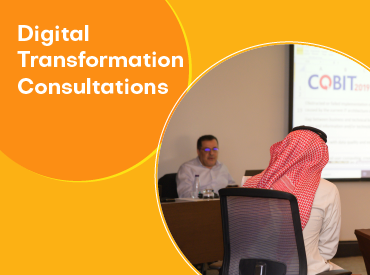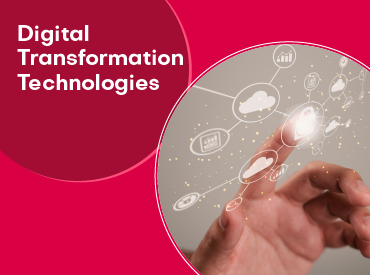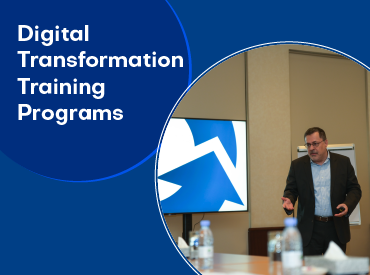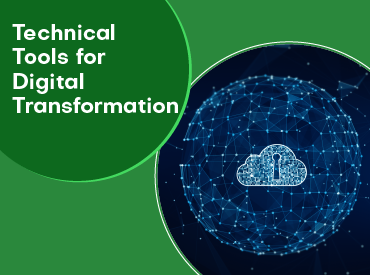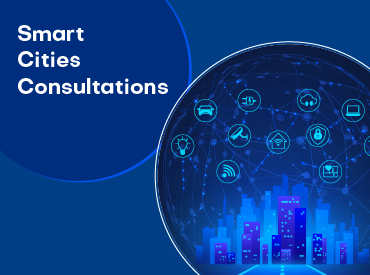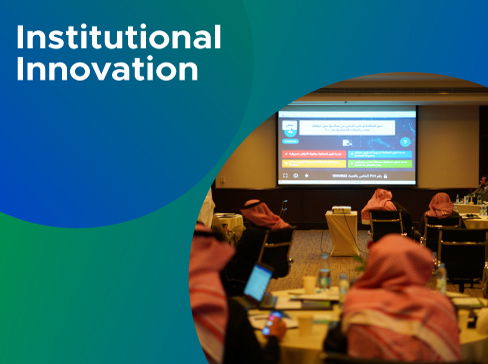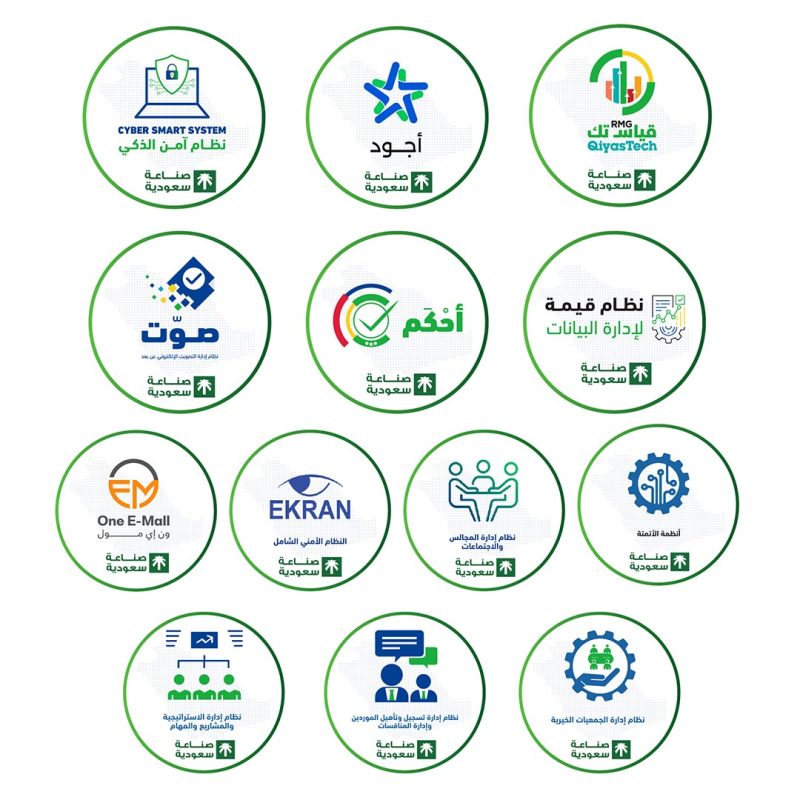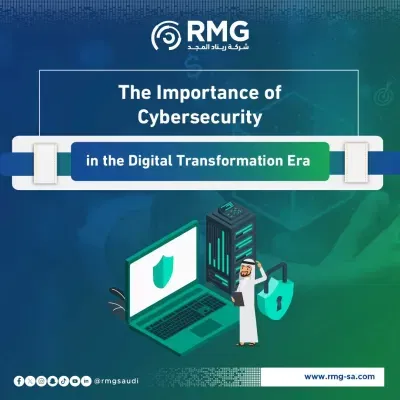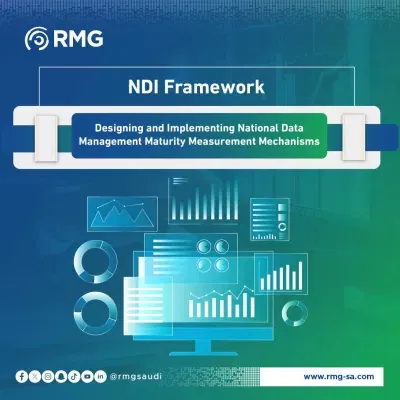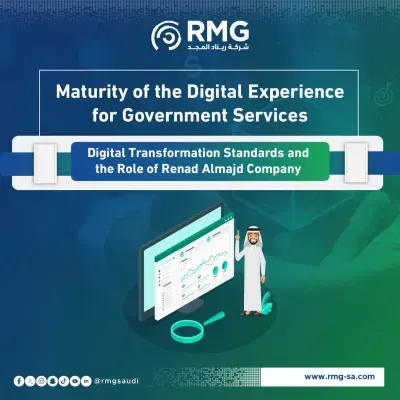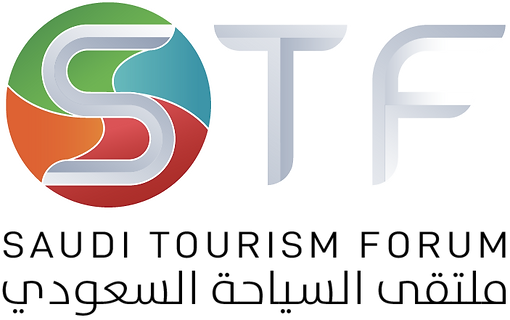Blog Body

Imagine a world where every student can learn at their own pace and in a way that aligns with their abilities and interests. A world where teachers can direct their efforts more effectively, providing individual support to each student. Is this just a dream? Thanks to the rapid advancements in artificial intelligence (AI), this dream is closer to reality than ever before.
In the age of advanced technologies, AI has become a key tool influencing various aspects of our lives, especially in the education sector. Education is one of the most prominent fields that can significantly benefit from modern technologies, as AI offers a range of solutions that enhance the quality and development of education.
The Concept of Artificial Intelligence
Artificial intelligence is the ability of computer systems to simulate human intelligence, including learning, analysis, and decision-making. AI relies on technologies such as neural networks and machine learning, enabling it to improve performance based on data and past experiences. AI aims to create systems that can process information and make intelligent decisions similar to those made by humans.

The Importance of Artificial Intelligence in Education
Studies indicate that AI can bring about a radical transformation in teaching methods. It can be used to improve interaction between teachers and students and personalize educational content according to each student’s needs. By analyzing data, AI can identify students’ strengths and weaknesses, allowing for personalized education tailored to their needs.

Applications of Artificial Intelligence in Education
- Personalized Learning: AI-powered systems can create personalized curricula. For example, AI can analyze a student’s performance and suggest educational materials that suit their level and abilities. These systems enhance the learning experience for students, increasing their motivation and improving their academic results.
- Educational Assistance: AI systems such as “virtual assistants” provide support to students, answering questions, providing guidance, and helping students solve complex problems. For example, applications like Siri and Alexa can help students prepare for exams by providing instant information and answering their queries.
- Data Analysis: AI is used to analyze vast amounts of educational data, helping to understand educational patterns and behaviors. These analyses can help schools and universities make data-driven decisions to improve teaching strategies. For example, schools can use performance data to identify classrooms that need additional support or to improve curricula.
- Automated Assessment: AI can speed up correction and assessment processes, saving time for teachers and contributing to accurate and objective evaluations. Many educational institutions use automated assessment systems that correct exams and analyze student performance instantly, reducing the workload on teachers.
- Self-Learning: AI can enhance self-learning through e-learning platforms that offer interactive content and personalized educational materials. AI enables students to learn at their own pace, increasing learning effectiveness.

Challenges Facing Artificial Intelligence in Education
Despite the significant benefits that AI offers, there are challenges facing its application in education. Among these challenges:
- The Technology Gap: Some students and teachers may face difficulty accessing modern technologies, creating a gap in education. In remote areas or among low-income groups, the technological infrastructure may be insufficient to support AI applications.
- Privacy Concerns: The use of AI requires collecting large amounts of personal data, raising concerns about privacy and data protection. Educational institutions must establish clear policies to protect student data and ensure its safe use.
- Adaptation Challenges: Teachers may find it difficult to adapt to new technologies, requiring continuous training and skills development. It is essential to provide targeted training programs for teachers to help them use these tools effectively.

The Future of Artificial Intelligence in Education
With the continued development of AI, education is expected to undergo significant changes. AI will enable more interactive and effective education, as teachers will collaborate with AI systems to create rich and supportive learning environments.
AI can contribute to achieving a range of educational goals, such as improving the quality of education, increasing success rates, and enhancing the learning experience for students. By integrating AI into education, we can achieve more inclusive and specialized education, contributing to preparing future generations to face the challenges of the future.
Investing in AI in education is not just an option; it is a necessity to face future challenges and achieve ambitious educational goals. Through collaboration between teachers, students, and AI technologies, we can create a rich and motivating learning experience that enhances learning and supports innovation.



